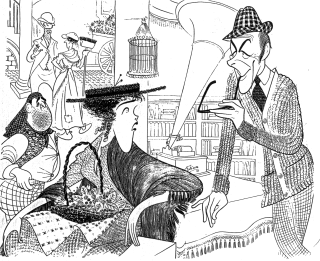 Content Objective: The reader will respond to various literary genres using interpretive and evaluative processes; use the stance of the critic to review; analyze and evaluate informational materials that are read and viewed.
Content Objective: The reader will respond to various literary genres using interpretive and evaluative processes; use the stance of the critic to review; analyze and evaluate informational materials that are read and viewed. Language Objective: Discuss elements of literature in general and Poe's use of these elements in particular; use the peer review process and share progress on your Poe Glogster project.
Essential Question: How does the study of Poe's use of literary elements make me a better writer?
Today in class students either worked toward completion of their Poe Glogster poster or wrote their reviews of the short stories to post to our blog. We also discussed different ways to say "said" and practiced by creating a list using the alphabet; this list was the ticket out of the classroom.
Homework: SSR; Poe Glogster poster
To demonstrate your ability to interpret, analyze, and evaluate the various literary elements found in the works of Poe, you will create a product in which you summarize information, draw inferences, generate questions, and extend ideas. In order to take advantage of peer review, you will create a rough draft of your articles before adding them to your poster. Your poster will have: summaries of each Poe short story we read, an illustration, a comment in which you take a position, and at least four questions/answers to demonstrate your ability to generate/anticipate relevant questions. You will have time in class to work on this project; however, it may require additional work outside of class. Please plan and use your time wisely.The final product is due at the beginning of class on Wednesday, September, 14, 2011.
